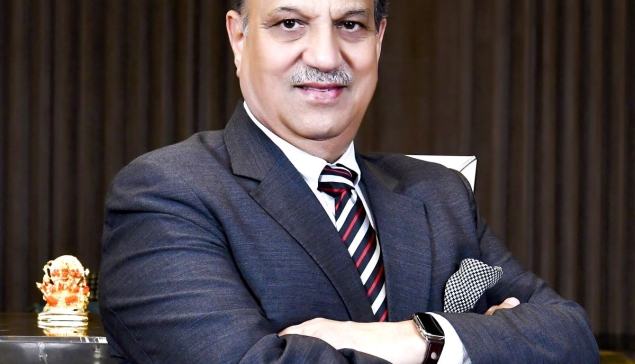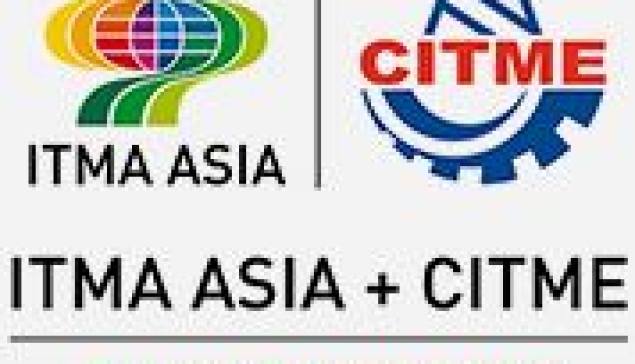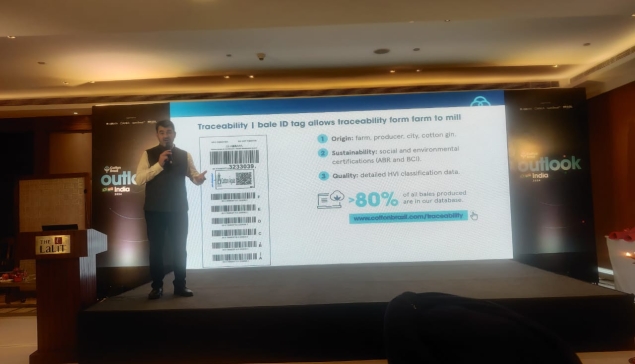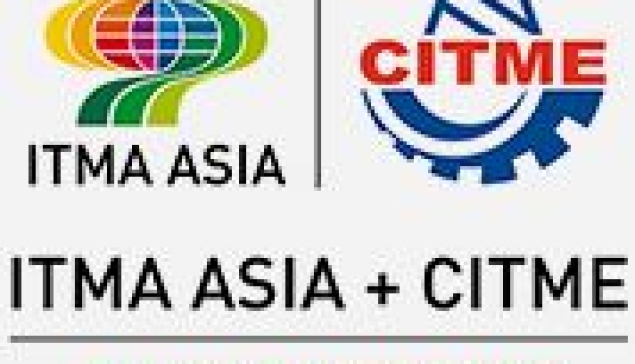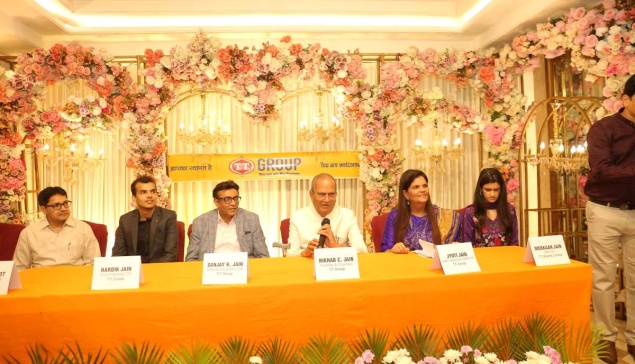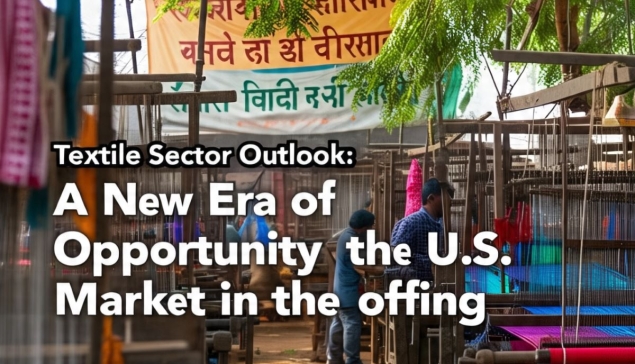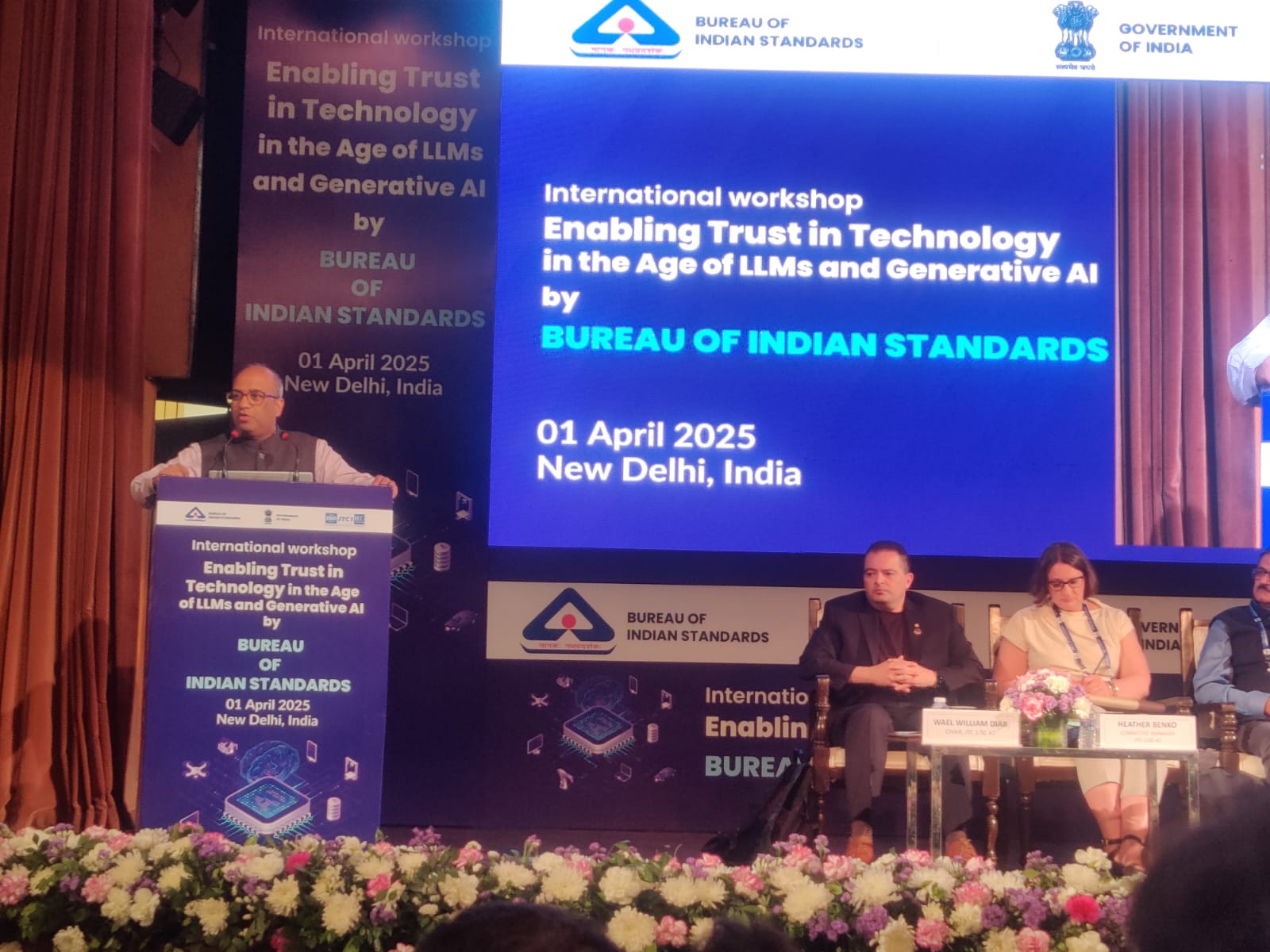At the international conference titled "Enabling Trust in Technology in the Age of LLMs & GenAI," Abhishek Singh, Additional Secretary, Ministry of Electronics and IT (MeitY), Government of India, delivered an insightful and inspiring presentation.
This summit, addressing a critical area of technological evolution, focused on the need for developing standards for artificial intelligence, which has become an integral part of modern life.
Reflecting on the discussions, Mr. Singh acknowledged the contributions of his co-panelists, including Dayal, who leads the committee on AI standards, alongside fellow committee member Hidar. Other distinguished attendees included Bharat, Ms. Chandrika, and Reena Gargi.
He emphasized the importance of building trust in technology, particularly in the context of large language models (LLMs) and generative AI.
Trust in any technology, much like in human interactions, is established through fairness, accountability, transparency, and reliability.
He drew parallels to historical advancements—such as automobiles and aviation—highlighting that trust in these technologies was built through rigorous safety and performance standards. Similarly, artificial intelligence requires well-defined benchmarks and testing mechanisms to ensure fairness, inclusivity, and unbiased outcomes.
A key concern is the concentration of AI development within a few corporations and countries, often trained on datasets that do not fully represent the global population. This lack of inclusivity can lead to biases in AI models.
Singh stressed the necessity of developing comprehensive, equitable, and internationally recognized AI standards, especially for the Global South, which has often been underrepresented in digital advancements.
India has taken significant strides in AI adoption through initiatives like the India AI Mission, applying generative AI in healthcare, agriculture, communication, and language accessibility. To harness AI’s full potential, standards must be established for voice-based interactions, electronic health records, and interoperability between AI applications.
Citing the National Manuscript Mission, he highlighted challenges in digitizing ancient Indian scripts like Grantha, Brahmi, Prakrit, and Pali—some of which lack Unicode standards. Addressing such gaps is essential for preserving linguistic heritage and making AI truly inclusive.
Singh commended the Bureau of Indian Standards (BIS) and C42 for organizing this crucial dialogue, bringing together global experts to collaboratively shape the future of AI governance. He underscored the need for a collective effort to ensure that AI development remains ethical, inclusive, and beneficial to all humanity.



